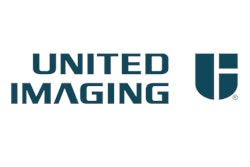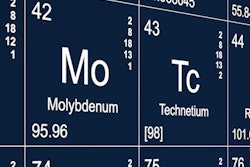Dear Molecular Imaging Insider,
A recent editorial in the Journal of Nuclear Medicine expressed criticism of the U.S. Nuclear Regulatory Commission's (NRC) proposal to reduce the number of hours required to become an authorized user of radionuclides. The editorialists believe the agency's existing requirements already fall short of the expertise needed to handle and administer radiopharmaceuticals for increasingly complex nuclear medicine procedures.
On the other side are United Pharmacy Partners (UPPI) and the National Rural Health Association (NRHA), who believe the NRC should be given leeway in its standards to help broaden the number of people who can administer diagnostic and therapeutic care. UPPI has proposed a team-based approach to make radiopharmaceutical therapy available while safeguarding against potential mistakes by physicians less versed in nuclear medicine. The details are available in our Insider Exclusive.
In other news, researchers from Washington University School of Medicine in St. Louis are using MRI and PET scans along with cerebrospinal fluid assays to investigate whether Alzheimer's disease develops differently in Caucasians and African-Americans. While the data are limited thus far, the preliminary findings are creating more questions than answers and prompting more research to identify key biomarkers.
By using women's menopausal status and levels of beta-amyloid plaque as markers for possible progression to Alzheimer's disease, researchers are hoping to determine the best time to begin treatment to slow the onset of the condition. The prime strategy is the use of PET imaging with carbon-11-labeled Pittsburgh Compound B, which binds to beta-amyloid plaque in the brain.
Artificial intelligence also continues to make its mark in radiology. Researchers from Stanford University have developed a way to generate diagnostic-quality images from PET/MRI scans to detect amyloid deposits with considerably less radiotracer dose. They trained a deep-learning convolutional neural network to create PET/MR images resembling those from a full dose of florbetaben -- but with just 1% of the radiotracer.
Finally, Shanghai-based United Imaging Healthcare (UIH) has officially put down stakes in the U.S. UIH Solutions made its debut at RSNA 2018 with a multimodality line of scanners, including a unique total-body PET scanner for which the company is collaborating with the University of California, Davis.
Be sure to stay in touch with the Molecular Imaging Community on a daily basis for the latest in research and news from around the world.




















